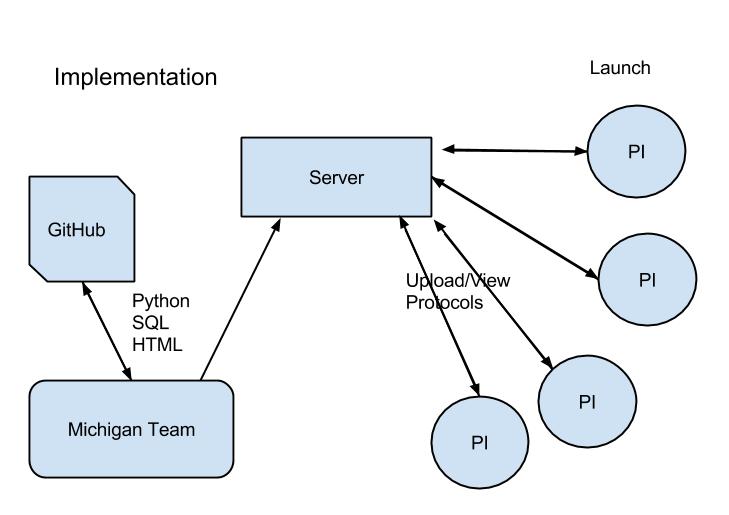Team:Michigan Software/Project
From 2014.igem.org
Contents |
Description
Choosing reliable protocols for new experiments is a problem laboratories routinely face. Experimental practices differ immensely across laboratories, and precise details of these practices may be lost or forgotten as skilled members leave the lab. Such fragmentation in protocol methods and their documentation often hampers scientific progress. Indeed, there are few well-defined protocols that are generally agreed upon by the scientific community, in part due to the lack of a system that measures a protocol’s success. In turn, the lack of commonly accepted protocols and inadequate documentation affects experimental reproducibility through method inconsistencies across laboratories. There are even review studies that estimate up to only 10-25% of published scientific results are reproducible, and up to 54% of materials/antibodies/organisms are not identifiable for reproducibility studies (https://peerj.com/articles/148/_).

 To attempt to address these problems, we set out to build a database that integrates a crowd-sourced ratings and comments system to clearly document, rate, elaborate, review, and organize variants of experimental protocols in order to increase the likelihood of reproducible scientific results. Before starting, we designed a survey to poll a range of scientific researchers on their experiences trying new protocols. We found that among a diverse and experienced set of respondents, every single scientist has struggled with replicating protocols from other experimenters, with >50% of respondents having difficulty more than 25% of the time.
To attempt to address these problems, we set out to build a database that integrates a crowd-sourced ratings and comments system to clearly document, rate, elaborate, review, and organize variants of experimental protocols in order to increase the likelihood of reproducible scientific results. Before starting, we designed a survey to poll a range of scientific researchers on their experiences trying new protocols. We found that among a diverse and experienced set of respondents, every single scientist has struggled with replicating protocols from other experimenters, with >50% of respondents having difficulty more than 25% of the time.
 Additionally, our survey identified that unclear language and missing steps of protocols as the greatest contributors to the irreproducibility of protocols. Furthermore, 100% of respondents indicated they would use a database like this to browse and download protocols, and over 85% indicated they would upload and maintain their own protocols if such a site existed. With these data and interest in hand, we set out to build ProtoCat.
Additionally, our survey identified that unclear language and missing steps of protocols as the greatest contributors to the irreproducibility of protocols. Furthermore, 100% of respondents indicated they would use a database like this to browse and download protocols, and over 85% indicated they would upload and maintain their own protocols if such a site existed. With these data and interest in hand, we set out to build ProtoCat.
Aims
The aims of this project were threefold:
- To start an iGEM software team at the University of Michigan and populate it with a diverse population of students.
- To construct useful software for laboratory scientists. We designed the protocol database project based on our own and other's frustrations in identifying reliable and effective scientific protocols.
- To use our basic project idea to survey a wide range of scientific students and professionals to determine exactly what the best iteration of this project would do and adapt our goals as such.
Methods
Django package for Python
SQLite
Success
- Formed a brand new iGEM team!
- Reached out to and engaged the scientific community to create awareness for the problem and prioritize the development of a solution.
- Created ProtoCat, a functional registry for laboratory procedures.
Future Directions
- variable protocols with integrated calculators
- vendor information
- in-app purchasing
- protocol timer
 "
"


